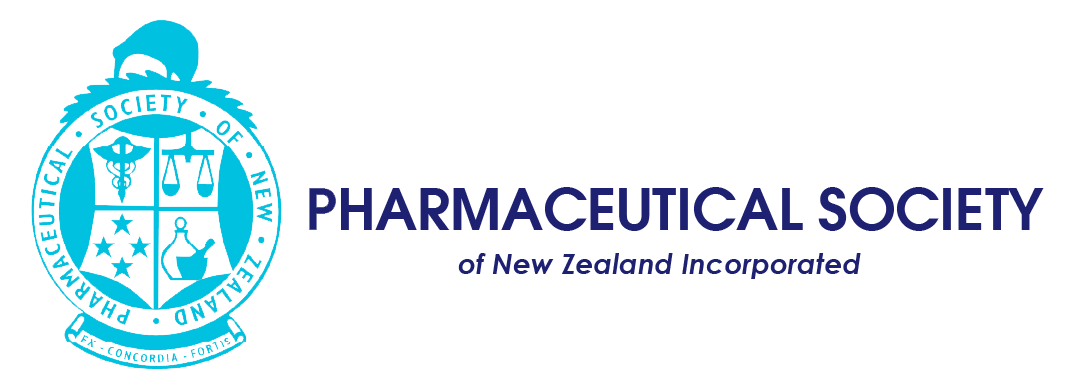President Rhiannon Braund says farewell
Rhiannon Braund is set to leave Otago University after almost 20 years of teaching and research. She is currently the Director of the New Zealand Pharmacovigilance Centre.
Professor Braund will now lead the third pharmacy school to be established in New Zealand at the University of Waikato.
Due to potential conflicts she will step down from the President’s role on the PSNZ National Executive this week.
“The ability to be involved in the establishment of the Waikato Pharmacy School is an amazing opportunity as well as being beneficial in building New Zealand’s pharmacy workforce.
“This graduate entry program (where students have already completed a biomedical degree) will fast track a group of students who want to turn their scientific knowledge into clinical practice.”
However, Dunedin will always be a special place for Rhiannon.
“This has been such an important centre to me and the wider Otago region. This has been an amazing place for my husband and our children (Cameron 17 and Ashley 13).”
Rhiannon initially completed a biochemistry degree before choosing a future in pharmacy.
“Pharmacy appealed to me as it gave me so many options: primary care, hospital, research, ownership, and that it gave me flexibility in the future for having a family. I loved the patient-centred aspect, and the science of medicines.”
Becoming an academic at the School of Pharmacy in 2005 while completing her PhD was an amazing opportunity to combine her passion for research and teaching. Her desire to future proof pharmacists for an evolving health care system, and extending the practice of pharmacy, particularly in primary care led, to several national initiatives to enhance medicines access and equity.
Her expertise and influence in the sector informed much of her teaching.
This was recognised in 2012 when she received the Prime Minister’s Supreme Award for Excellence in Tertiary Teaching.
As an academic pharmacist and practitioner, the role that pharmacists play in the delivery of medicine rationalisation, optimisation, and safety are at the centre of her research.
“My research in advanced clinical pharmacy practice has had significant influence in the areas of service delivery and enhanced patient outcomes.”
With her PhD student Dr Patti Napier, the evidence gathered for the safety and workflow modifications in pharmacy paved the way for the introduction of checking technicians in Aotearoa New Zealand.
In 2018, Rhiannon was offered an opportunity to contribute further to the safe use of medicines and was made the lead researcher within New Zealand Pharmacovigilance. She led a team of postgraduate students and worked with several clinicians in different specialty areas, with a focus on medicines safety, access and equity.
In 2018, Rhiannon was also made a Fellow of the Pharmaceutical Society of New Zealand for her work in the advancement of the profession.
In 2017, Rhiannon was elected to the National Executive of PSNZ and was the Vice President from 2018-2019 before becoming the President in 2020.
Being the President of such an influential organisation during the COVID pandemic was intensely challenging but exceptionally rewarding.
“The solution-focused approach from the Government and health agencies allowed for a rapid evolution of the pharmacy profession in terms of increased awareness of the pharmacist’s skills and expertise, and importantly, the access and connections that community pharmacy have within their communities.
However, despite this proven ability and value pharmacy provides, the biggest challenge for the Pharmacy profession remains the resourcing of the workforce. Both locally and internationally the health workforce including pharmacy, has been decimated at the same time health needs have increased.
“We are seeing many young graduates leave New Zealand or even worse leave the profession. Pharmacists, and pharmacy staff, continue to be underpaid, and this has led many pharmacists to look to other careers. We need a new funding model, that pays us as clinicians and not distributors. This should assist recruitment and retention.
“But while we can try and increase the workforce pipeline, this will not be a quick solution. We need to work differently as a profession. We cannot keep doing the same things and expect a different outcome. ”
Professor Braund has been on the Pharmaceutical Society of New Zealand’s National Executive for six years, is a previous branch president for Otago from 2007-2010 and a committee member from 2002 -2012.
As a practising pharmacist, Rhiannon works closely with local and national organisations including primary health organisations and government agencies.

